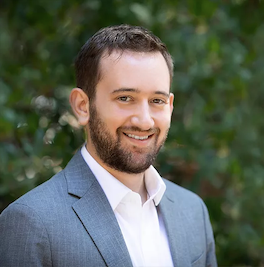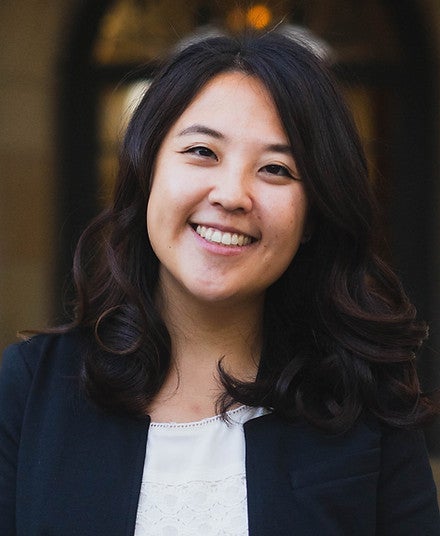Research Happening in the Social Behavior Lab
Leor’s research asks how we learn and make decisions in social settings, integrating behavioral experiments, computational modeling, and neuroimaging approaches. In particular, his work asks:
1. How do we form impressions of other people through positive and negative social interactions?
2. How do we make decisions involving other people—such as whether to spend time with them, cooperate with them, or reciprocate with them—based on our prior experiences with them?
3. How do social contexts—such as salient social identities or social norms—shape our decisions? This work aims to understand how domain-general processes (reward-based reinforcement learning and value-based choice) intersect with social processes (impression formation, morality, closeness, and social identity).
More information about Dr. Leor Hackel and his lab can be found at his Lab Website and at his USC Faculty Website.
Dr. John Monterosso’s Addiction and Self-Control Lab
John Monterosso studies mechanisms underlying human self-control from the combined perspectives of behavioral economics and cognitive neuroscience (sometimes collectively referred to as “neuroeconomics”). He has co-authored 40 journal articles and book chapters. His research is currently supported through two R01 grants from the National Institute on Drug Addiction.
More information about Dr. John Monterosso and his lab can be found at his Lab Website, and at his USC Faculty Website.

Dr. Stephen Read’s Lab
His primary area of interest is in computational models of social reasoning and social behavior. He focuses on neural network models of personality and social behavior, legal and everyday decision making, causal reasoning, and causal learning. He is also interested in models of human motivation.
Additional research done in his lab include:
1. The creation of realistic personality in computer-based intelligent agents in virtual reality training system
2. Coherence-based, constraint satisfaction-based models of decision making and impression formation.
3. The structure and dynamics of human personality.
4. The use of interactive media in changing risky sexual behavior
5. The neurobiological bases or risky sexual decision-making
More information about Dr. Stephen Read and his lab can be found at his Lab Website and USC Faculty Website.
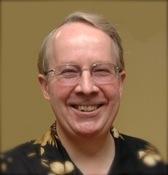
Dr. Wendy Wood’s Lab
More information about Wendy Wood and her lab can found at her USC Faculty Website.

Morteza Dehghani’s Morality and Language Lab
Morteza’s research spans the boundary between psychology and artificial intelligence. His work investigates properties of cognition by using documents of the social discourse, such as narratives, social media, transcriptions of speeches and news articles, in conjunction to behavioral studies. Morteza’s research interests include: 1. Theory-based natural language processing with direct applications to moral decision-making, group dynamics and culture 2. Investigating the role of sacred values in intergroup conflict and negotiation 3. Computational cognitive modeling.
More information about Dr. Morteza Dehghani and his lab can be found at his Lab Website, and at his USC Faculty Website.
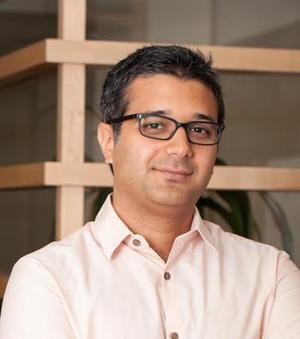
Dr. Daphna Oyserman’s Lab
Dr. Daphna Oyserman’s research examines how small changes in context can shift mindsets, and so the perceived meaning of behaviors and situations, with large downstream effects on important and consequential outcomes, including health and academic performance. Her theoretical and experimental work conceptualizes the underlying processes, which she then translates into real-world interventions. One line of work focuses on cultural differences in affect, behavior, and cognition – how people feel, act, and think about themselves and the world around them. A related second line of work focuses on racial, ethnic, and social class gaps in school achievement and health. Throughout, she examines how apparently “fixed” differences between groups may in fact mask highly malleable situated processes that can be profoundly influenced through small interventions that shift mindset.
All her work involves close collaboration with an interdisciplinary lab group of doctoral students, post-docs, visiting scholars, and colleagues in the USC Dornsife Mind & Society Center.
More information about Daphna Oyserman and her lab can be found at her USC Faculty Website.
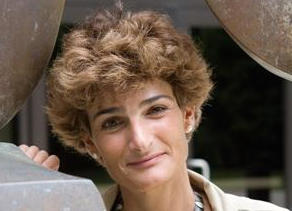
Dr. Norbert Schwarz’s Lab
Dr. Nobert Schwarz’s research explores how people make sense of the world in which they live and how their decisions are shaped by subtle contextual influences. His theoretical approach emphasizes the socially situated and embodied nature of cognition and the role of feelings and subjective experiences in judgment and decision making. He pursues these basic processes in different domains, including public opinion, consumer behavior, well-being, and the psychology of self-report.
All his work involves close collaboration with an interdisciplinary lab group of doctoral students, post-docs, visiting scholars, and colleagues in the USC Dornsife Mind & Society Center.
More information about Norbert Schwarz and his lab can be found at his USC Faculty Website.
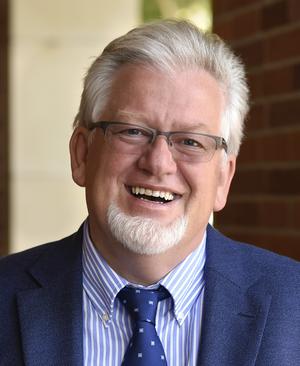
Elisa’s research aks what factors underlie social (dis)connection by integrating different levels of analysis, from nationally-representative surveys and behavioral experiments to neuroimaging and social network analysis. In particular, her work has three major lines of research:
1.Individual differences in objective and subjective social (dis)connection.
2. Information sharing and its role in promoting social connection.
3. Social influence and persuasion.
More information about Dr. Elisa Baek and her lab can be found at her Lab Website and at her USC Faculty Website
